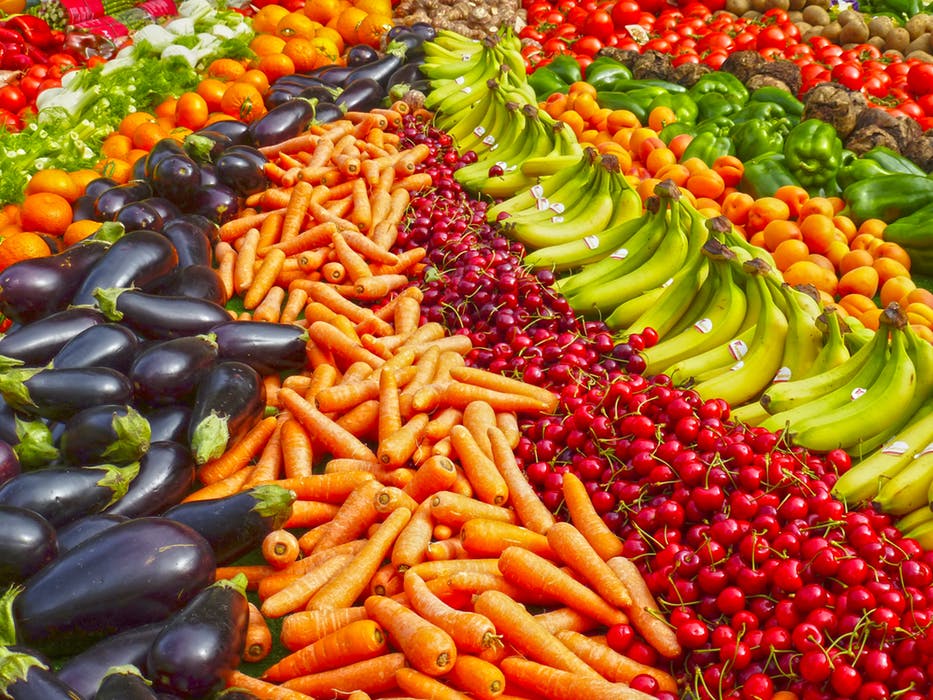
Worried about climate change? Or extreme weather patterns? What about rising temperatures that mean unbearable heat waves in the summer and striking cold in the winter? If these things concern you, you’re not alone with your fears.
The World Economic Forum’s Global Risks Report for 2018 listed extreme weather as their first-place issue for the year ahead.
Not only does extreme and unusual weather affect crops and food production. But it could spark a recession through high energy costs and damaged infrastructure. According to one study, if greenhouse emissions continue to rise at their current rate, GDP decline could amount to more than 10 percent. And in states that experience the worst effects, for example, Florida, GDP loss could be as much as 28 percent.
Governments and the public are beginning to listen as scientists warn of more danger ahead. The result has been some innovative initiatives, movements, and policy.
The Paris Agreement marked a moment when 175 countries acknowledged the risk of climate change to civilization. Movements such as the Tiny House Movement are focusing on reducing one’s carbon footprint through using smaller homes. And innovative farmers are turning to new methods and tools (e.g., https://www.exapta.com/make-model-planter-drill/john-deere/) that will conserve soil, water, and fuel during planting season.
But is all of this enough to head off a mass extinction event? A UK study proposes one other way concerned individuals could be doing their part: Stop eating meat.
The case for vegetarianism
Across the world, 80 billion animals are farmed for food production. To produce only one pound of meat, these animals must eat approx. 15 pounds of grains and feed. To grow all that food to feed livestock, the animal farming industry must continually be farming more lands to plant feed fields. According to the UN, 30 percent of the landmass on earth goes to the production of eggs, meat, and dairy.
Additionally, raising livestock for food places a huge demand on water supply. Water Footprint Network data shows that it requires over 2,000 gallons of water to bring a single steak to a dinner table. And 800 gallons of water to produce 1 glass of milk.
In these and other ways, food production amounts to one-third of greenhouse gas emissions globally. With most of those numbers falling on the shoulders of the livestock industry. To put it in simple terms: A family of 4 has a larger carbon footprint due to the meat they eat than if they were to drive 2 cars.
What would the world look like if everyone went vegetarian?
One researcher at the Oxford Martin School’s Future of Food tried to answer that question. He calculates if everyone went vegetarian by 2050, CO2 emissions from food production would drop by 60 percent.
What is the state of vegetarianism in the US right now?
In a survey published by Vegetarian Times, they estimated that 3.2 percent of US adults are vegetarian. Globally, India takes the lead with 29 to 40 percent of their population vegetarian. Netherlands and Sweden follow with 18 percent respectively. Other countries are much lower than the numbers posted by the top 3 vegetarian countries.
At present, food production is not geared for the type of demand that would be triggered by such a large-scale dietary change. But there is definitely room for public interest to swing toward a more sustainable diet. The benefits are not only ecological. The personal health of individuals would likely improve through a switch to a plant-based diet.
There are other ways, too, that adjusting what you shop at the supermarket for can curb CO2 emissions. For example, purchase fruits and vegetables that are in season. Buying out of season items means that the produce was shipped thousands of miles to reach that store, which comes with a huge CO2 bill.
In the meantime, what should people do who can’t imagine a world without a steak in it? A drastic change is not necessary. Even small reductions in meat consumption are noteworthy.
Environmental Working Group states that eating one less burger a week is equal to not driving your car for 320 miles. That should convince you to replace one meal a week with salad pasta, or a vegan lasagna. And the Environmental Defense Fund notes that if everyone in the US replaced one chicken meal per week with vegetables, it would be equal to slashing CO2 emissions from half a million cars.
Small steps taken by many people will equal transformative change.




Leave a Comment